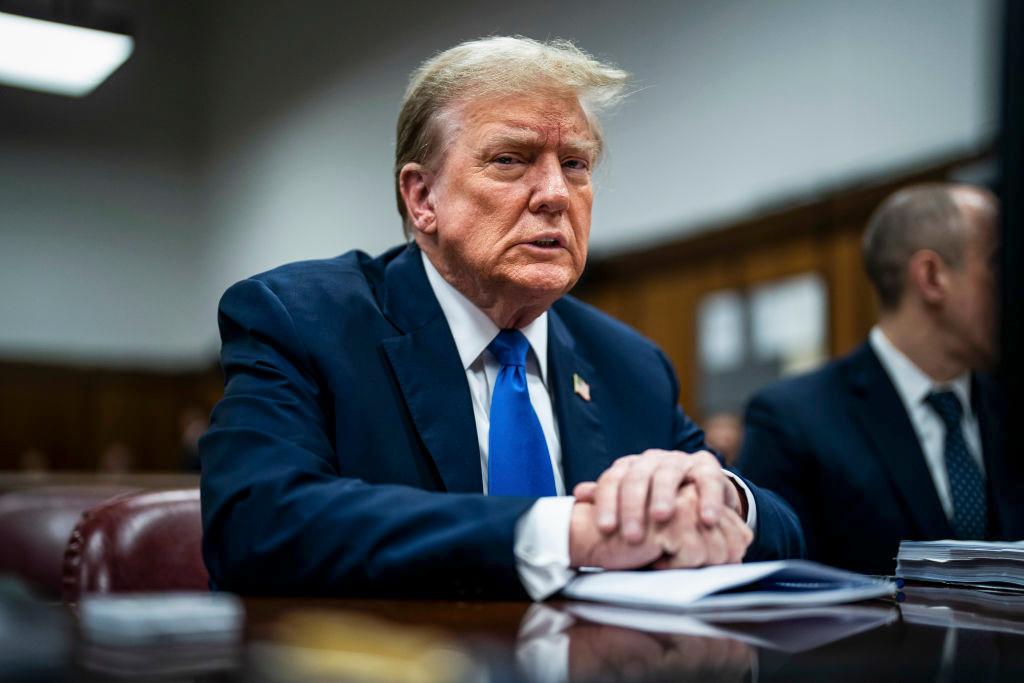New York Supreme Court Justice Juan Merchan has rejected President-elect Donald Trump’s attempt to delay a previously scheduled Jan. 10 sentencing date over his conviction for falsifying business records.
“This court has considered Defendant’s arguments in support of his motion and finds that they are—for the most part—a repetition of the arguments he has raised numerous times in the past,” Merchan said in his decision on Jan. 6.





